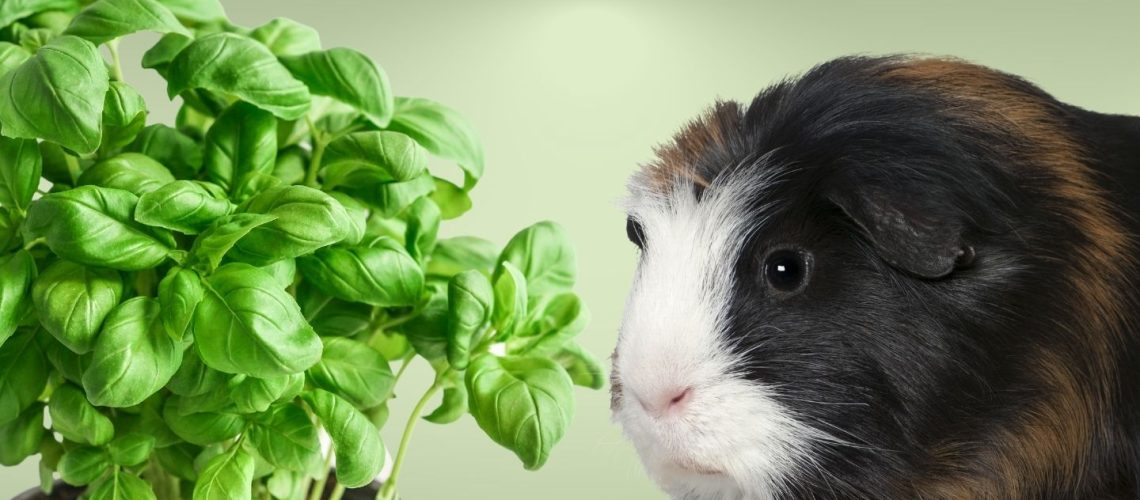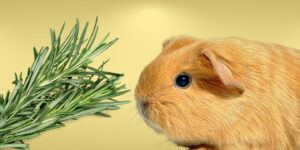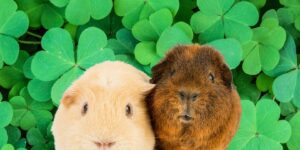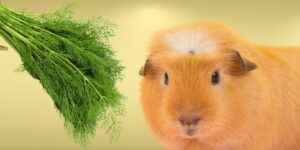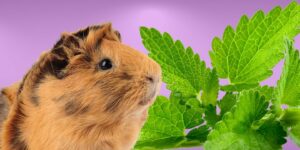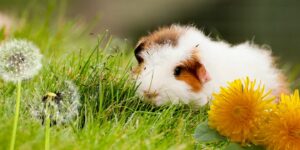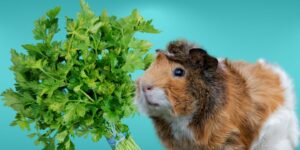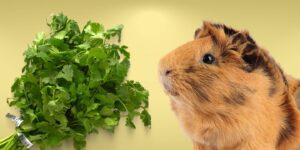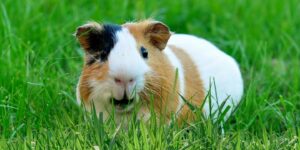Yes, guinea pigs can eat basil. In fact, basil can be a healthy and tasty addition to a guinea pig's diet. However, it should only be offered in moderation and as part of a balanced diet that meets their nutritional needs. It's also important to introduce basil slowly to allow their digestive systems to adjust to the new addition.
Importance of a Balanced Diet for Guinea Pigs
A well-balanced diet is essential for guinea pigs to thrive and maintain optimal health. They require various nutrients, including vitamins, minerals, fiber, and carbohydrates, which should come from various food sources such as pellets, hay, fresh vegetables, and some fruits.
Overview of Safe and Unsafe Foods for Guinea Pigs
There is a wide range of safe and nutritious foods for guinea pigs, including leafy greens, bell peppers, carrots, and apples. However, some foods should be avoided, like onions, garlic, potatoes, and avocado, as they can be toxic or cause digestive issues.
Nutritional Benefits of Basil for Guinea Pigs
Basil is an excellent source of vitamins A and C, which are vital for guinea pigs' immune systems, healthy skin and fur, and proper growth and development. Basil also contains small amounts of calcium, magnesium, and potassium, which contribute to their overall health.
Vitamin A
Role of Vitamin A in Guinea Pig Health
Vitamin A plays a crucial role in maintaining healthy skin, fur, vision, and the immune system in guinea pigs.
Signs of Vitamin A Deficiency
Deficiency in vitamin A can lead to issues such as weakened immunity, poor vision, and skin and coat problems. Therefore, it is essential to provide a balanced diet containing vitamin A.
Vitamin C
Necessity of Vitamin C for Guinea Pigs
Guinea pigs, like humans, cannot produce vitamin C on their own, making it an essential nutrient they must obtain from their diet.
Signs of Vitamin C Deficiency
A lack of vitamin C can result in scurvy, which causes symptoms like lethargy, loss of appetite, and joint pain.
Other Nutrients in Basil
Calcium, magnesium, and potassium are critical minerals for guinea pig health, supporting bone strength, digestion, and a healthy heart.
How to Feed Basil to Guinea Pigs
Introducing Basil to Their Diet
Introduce basil slowly by offering a few leaves initially and observe your guinea pig's reaction. If they enjoy it and don't experience digestive issues, gradually increase the amount over time.
Tips for a Smooth Transition
Always start with small quantities and introduce basil mixed with other safe vegetables to prevent any sudden changes in their diet.
Monitoring for Potential Digestive Issues
Monitor your guinea pig for signs of digestive discomfort, such as diarrhea, gas, or constipation.
Choosing the Right Basil
Importance of Organic Basil
Opt for fresh, organic basil to avoid pesticides and chemicals that can be harmful to your guinea pig.
Identifying Pesticide-Free Basil
If you cannot find organic basil, thoroughly wash non-organic basil to minimize pesticide residue.
Portion Size and Frequency
Determining the Appropriate Portion Size
Offer no more than a few leaves of basil per day for a small guinea pig, and adjust the amount based on their size and preference.
Frequency of Feeding Basil
Incorporate basil into their diet a few times a week, balancing it with other nutritious vegetables and herbs.
Other Herbs and Greens for Guinea Pigs
Safe Herbs and Greens to Feed Guinea Pigs
Some other safe herbs and greens include parsley, cilantro, dill, romaine lettuce, and leafy greens like spinach and kale.
Herbs and Greens to Avoid
Avoid herbs like chives, leeks, and mint, as they can cause gastrointestinal distress
Conclusion
In conclusion, guinea pigs can eat basil as part of a balanced diet. It's a good source of vitamins A and C, and can provide other nutritional benefits. However, it should only be offered in moderation and introduced slowly to allow their digestive systems to adjust. By following these guidelines, you can safely include basil in your guinea pig's diet and contribute to their overall health and well-being.

